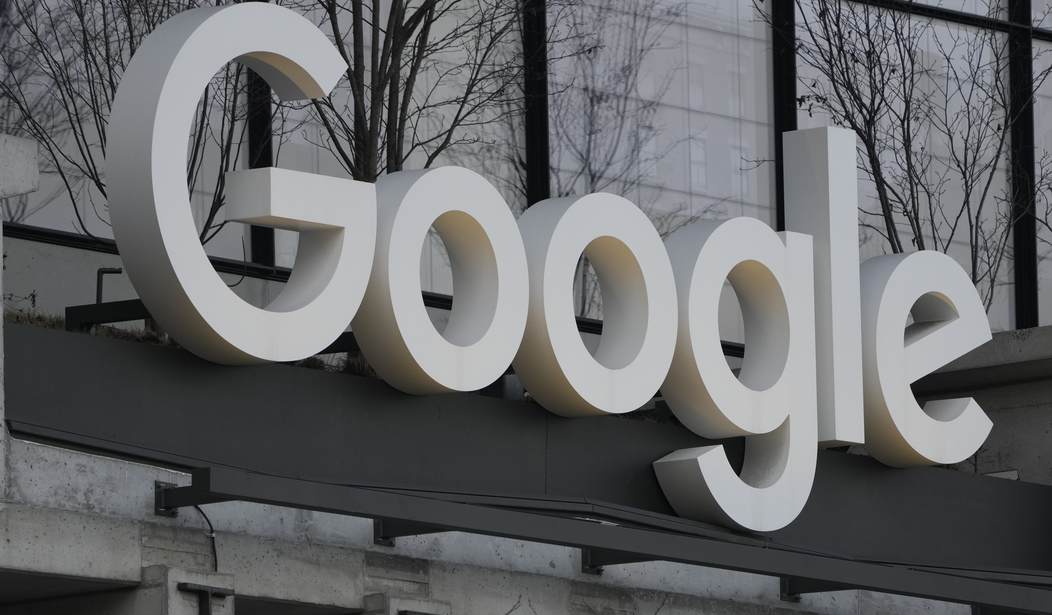A federal judge ruled on Thursday that Google holds an illegal monopoly over two online advertising markets. This is the latest in a series of unfavorable rulings against the Big Tech giant.
US District Judge Leonie Brinkema’s landmark ruling came after a three-week bench trial. She argued that Google violated the Sherman Act by engaging in anticompetitive conduct in the digital marketing space.
In a separate case also brought by the DOJ, Judge Amit Mehta ruled last summer that Google violated US antitrust law by maintaining a monopoly in the search and advertising markets.https://t.co/CnB1QTG322
— More Perfect Union (@MorePerfectUS) April 17, 2025
The plaintiffs failed to prove a distinct market for advertiser ad networks, according to the judge, but they did prove that “Google has willfully engaged in a series of anticompetitive acts to acquire and maintain monopoly power in the publisher ad server and ad exchange markets for open-web display advertising.”
The judge further explained how the company tied its ad server (DFP) and ad exchange (AdX) in ways that pushed out competition and gave them the advantage. “Google has tied its publisher ad server and ad exchange together through contractual policies and technological integration,” Brinkema noted. This prevented other companies from competing on equal footing.
Recommended
Google also “required publishers to use DFP as their ad server to access real-time bids from AdX.” This meant users could not use alternative ad tech providers.
Brinkema further laid out how Google used its market dominance to negatively impact innovation and consumer choices in the ad tech industry. “Google further entrenched its monopoly power by imposing anticompetitive policies on its customers and eliminating desirable product features,” the judge explained.
The company degraded the quality of services available to publishers and advertisers so it could retain its internal advantages. “This exclusionary conduct substantially harmed Google’s publisher customers, the competitive process, and ultimately, consumers of information on the open web,” she stated.
Major loss for Google, and major win for anti-trust law, as federal judge rules that Google is a monopolist in case brought by the Trump DOJ, continued by the Biden DOJ, and now pursued by the new Trump DOJ (same with the current anti-trust suit against Meta): https://t.co/02Hs51TATd
— Glenn Greenwald (@ggreenwald) April 17, 2025
To put it simply, Judge Brinkema found that Google violated the law by engaging in illegal practices that would maintain its supremacy over publisher ad servers (which websites use to sell ad space) and the ad exchange (where ads are bought and sold in real time, similar to an auction).
The company accomplished this by forcing websites to only use its tools. If a website sought access to Google’s pool of advertisers, it was required to use the company’s ad server as well, which prevented them from potentially using competitors.
The judge found that Google’s actions harmed publishers, advertisers, and internet users. By squashing competition, Google also squashed innovation.
The next step will be for Judge Brinkema to decide how to force Google into compliance. She could compel the company to sell off parts of its ad and tech business to foster competition, among other actions. She has not yet indicated which course she will pursue.

























Join the conversation as a VIP Member